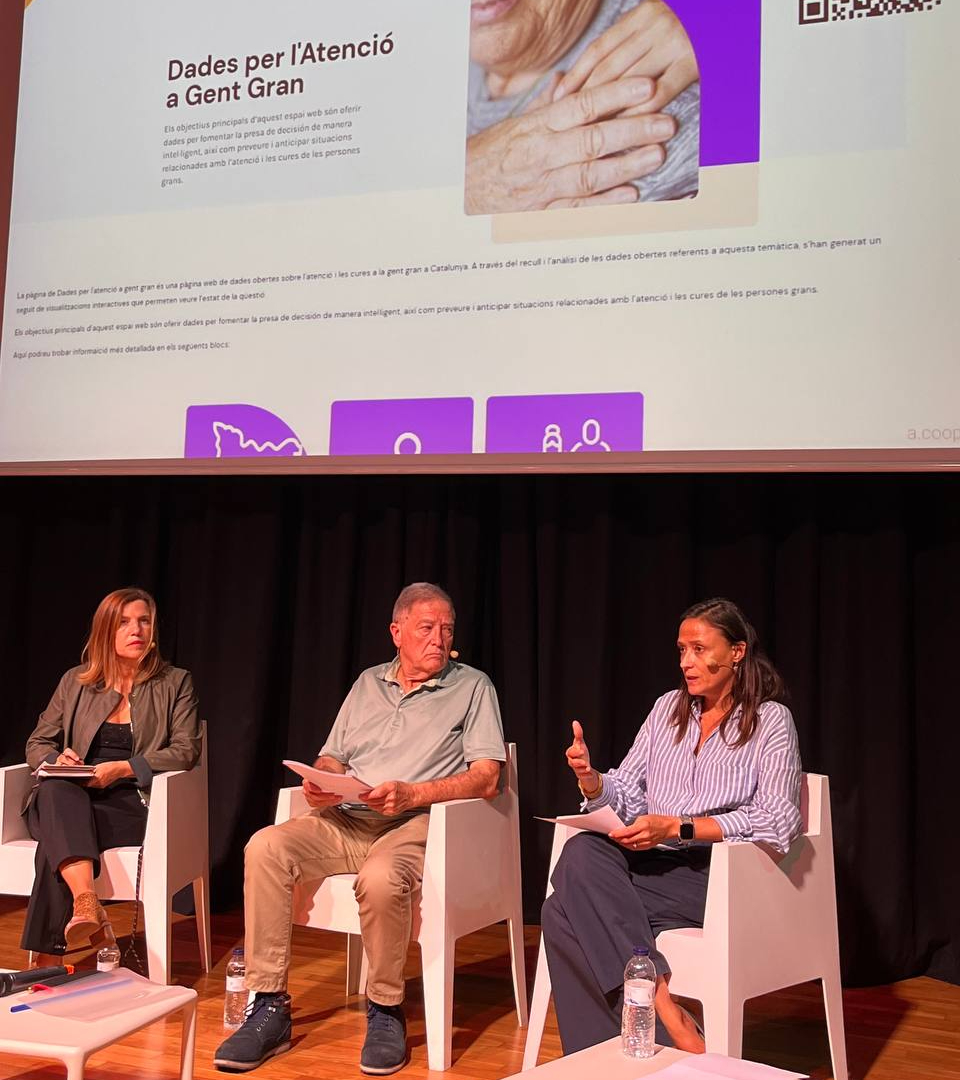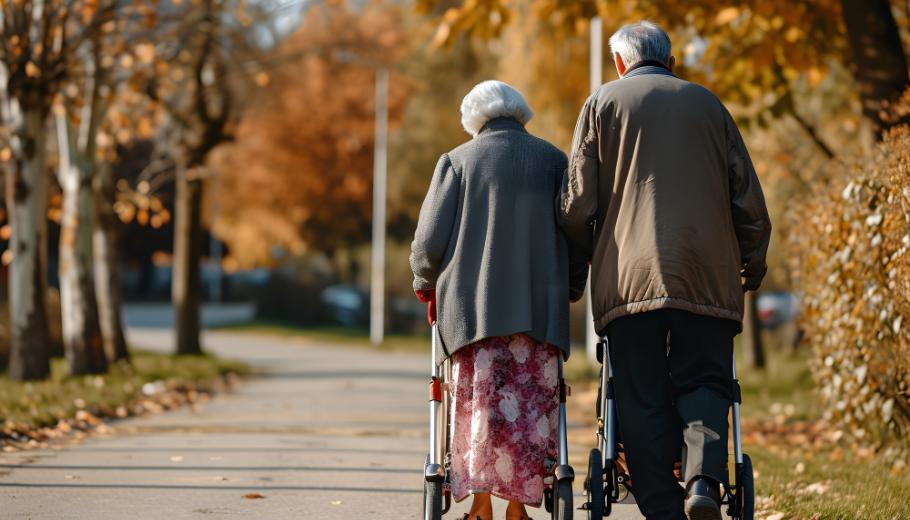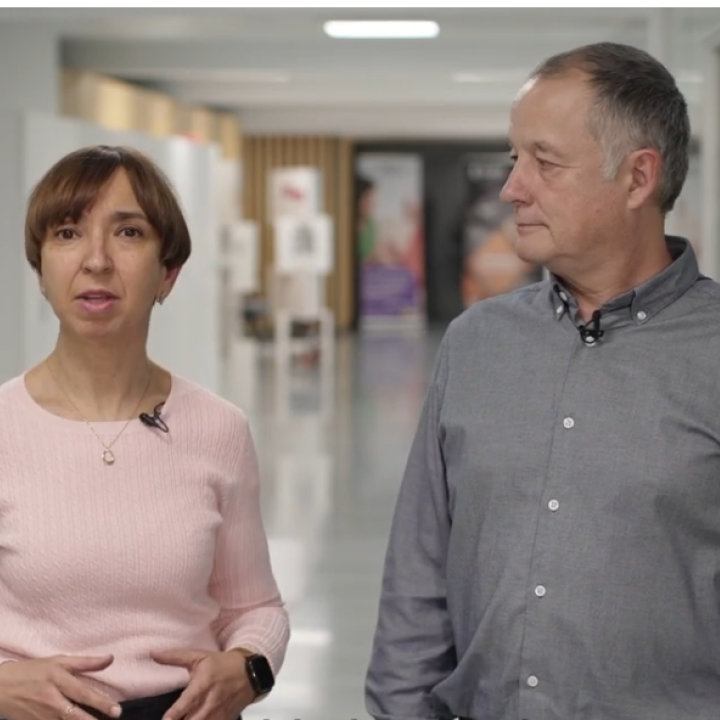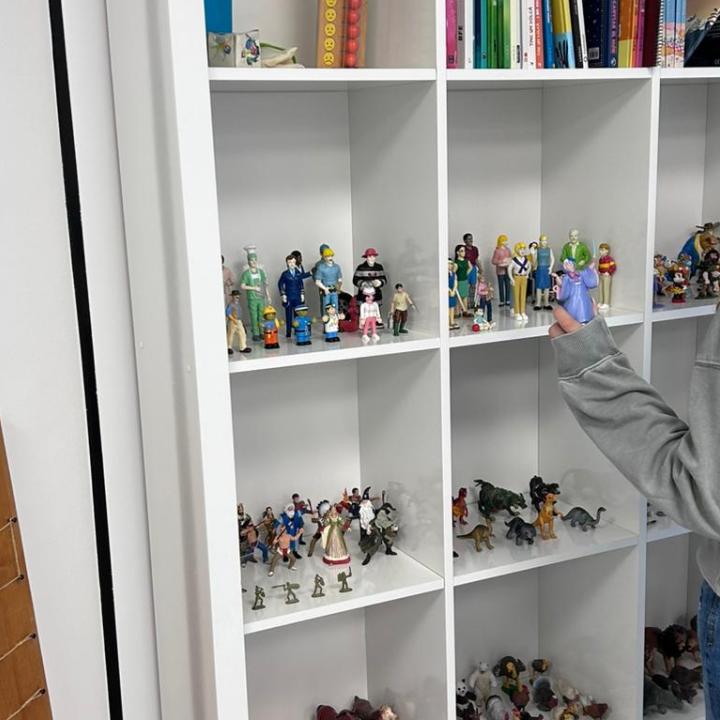Suara Cooperativa, through its portal for the Aliura branch, provides open data aimed at improving the support and attention of the elderly. This project is the result of a collaboration with Barcelona Open Data.
Open data, that is, those that have been published on the Internet without payment, can be a very useful source to address and find solutions to the main challenges we face as a society. For this reason, Suara Cooperativa and Barcelona Open Data have teamed up to put a thread on the needle to the challenge of aging through the compilation of open data, which they now put at the service of people, entities or organizations interested in improving the 'accompanying the elderly in a situation of dependency.
On the Spanish government website alone, we find 88,813 data sets available, which represents 15 million sets of data. In the case of Catalonia, public administration portals with open data represent 38% of the state's total. Undoubtedly, this magnitude and volume of published figures means that informed and analyzed decisions can be made.
Now, however, this also entails another great challenge: how to filter, analyze and process this data, explains Suara Cooperativa's communications and marketing director, Dúnia Roselló. "All in all, it's a process that requires a significant investment in resources, since the extraction of useful conclusions often involves navigating through data that is scattered, disconnected or presented in non-compatible formats," explains Roselló.
In order for entities or organizations in the third sector to be able to take strategic decisions or actions quickly and automatically, tools are required that facilitate the collection, processing and exploitation of this information. With this aim, this first collaboration between Suara Cooperativa and Barcelona Open Data was born, financed thanks to a grant from the SOCIALDATA2023 Action, with which a compilation with open data linked to the elderly, especially in situation of dependence and which is placed at the abbot of entities, organizations and the public in general.
The collaboration began last May with the joint organization of the first Datató de Catalunya on care and care for the elderly. As part of this initiative, people from various job profiles such as analysts, searchers or data viewers, workers in services for the elderly, from the world of research and journalists, among others, worked together to analyze the existing data related to the attention of the elderly and create a DataSet with this information.
With this, an interactive tool has now been developed that allows open data to be consulted in an agile and dynamic way, which provides valuable information for decision-making, Roselló emphasizes. This tool can be consulted on the Aliura website, the first portal of the Catalan branch, created by Suara Cooperativa.
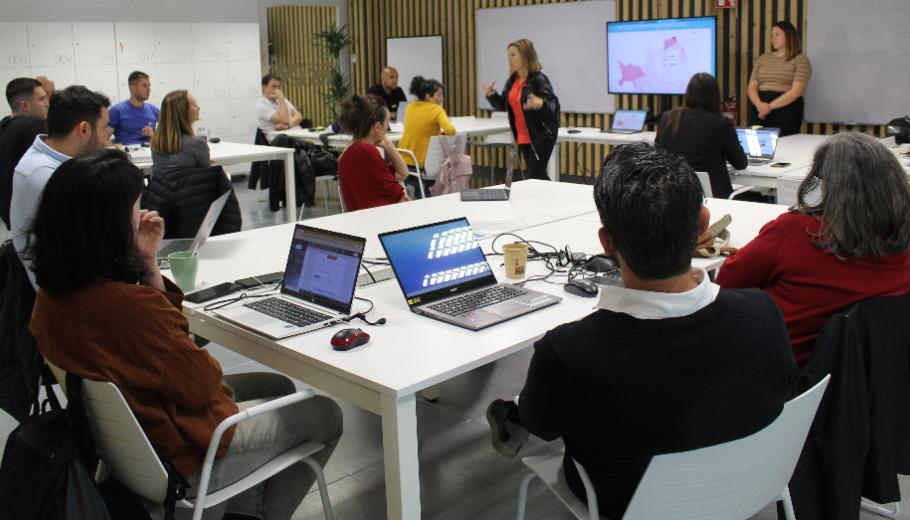
With this, an interactive tool has now been developed that allows open data to be consulted in an agile and dynamic way, which provides valuable information for decision-making, Roselló emphasizes. This tool can be consulted on the Aliura website, the first portal of the Catalan branch, created by Suara Cooperativa.
What does this open data allow us?
Beyond having updated information in real time and at all times, the data published in Aliura empowers entities, organizations and people who care for the elderly technologically, as it can help them better understand their needs and realities.
They also make it possible to analyze the different services for people in a situation of dependency in order, among other things, to detect possible shortcomings, neglected demands or successful cases with the aim of offering a response in real time, adapted to the person served and measurable with data. In addition, they can bring to local administrations the realities and needs of the services, the people served, as well as the workers in the field of care or non-professional carers, that is to say, those who are in charge of accompany a family member in a dependent situation.
Finally, this interactive tool is also essential to promote the work of the care sector, both formal and informal, which is primarily carried out by women and has a great impact on society, as shown by a recent study by Aliura about non-professional carers.
"The people who are dedicated to the tasks of care do a job that is essential for the person being cared for and for the collective well-being of society. With the use of this open data we can make visible the magnitude of the tasks linked to care and dignify them", concludes Roselló.
